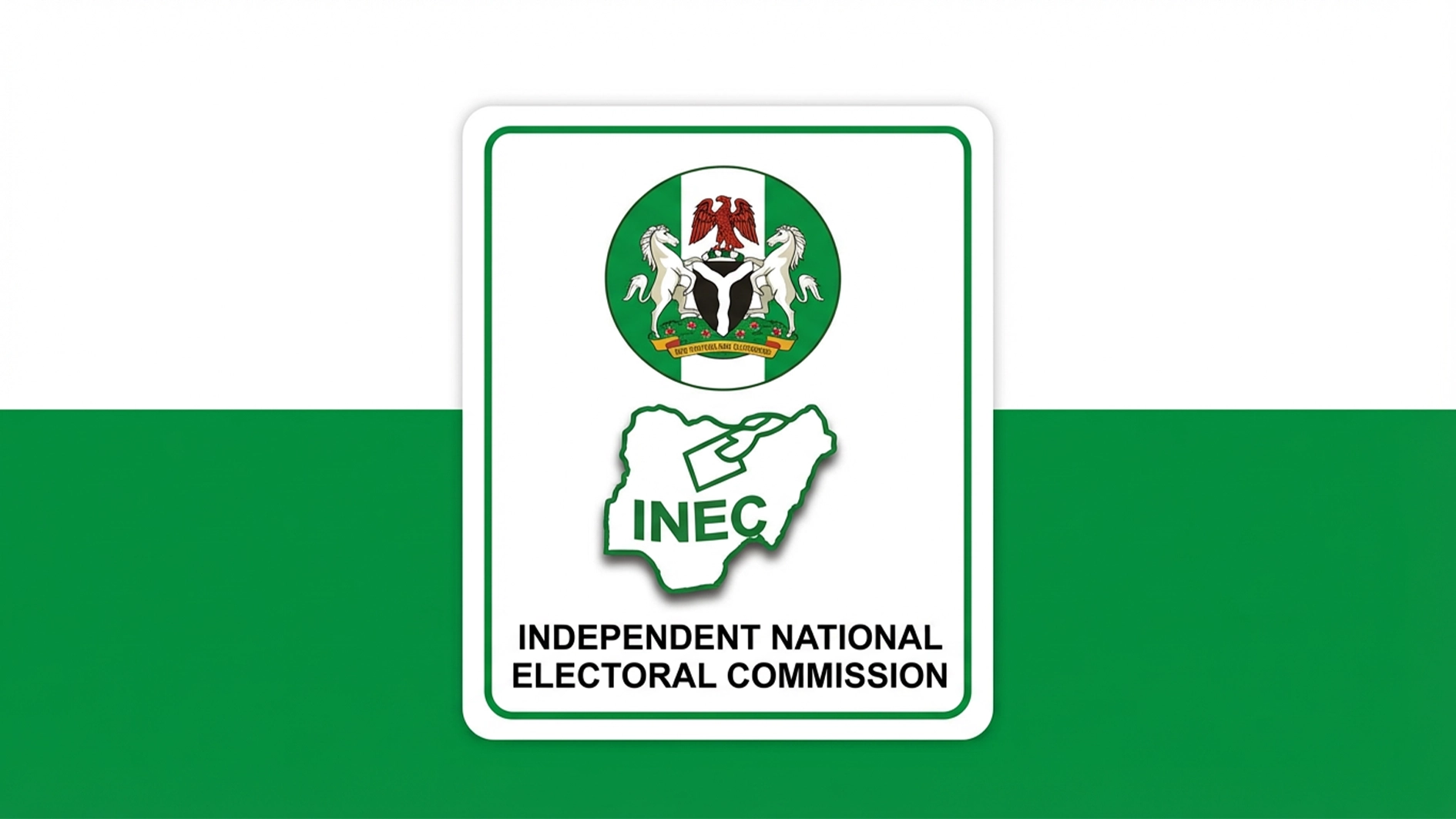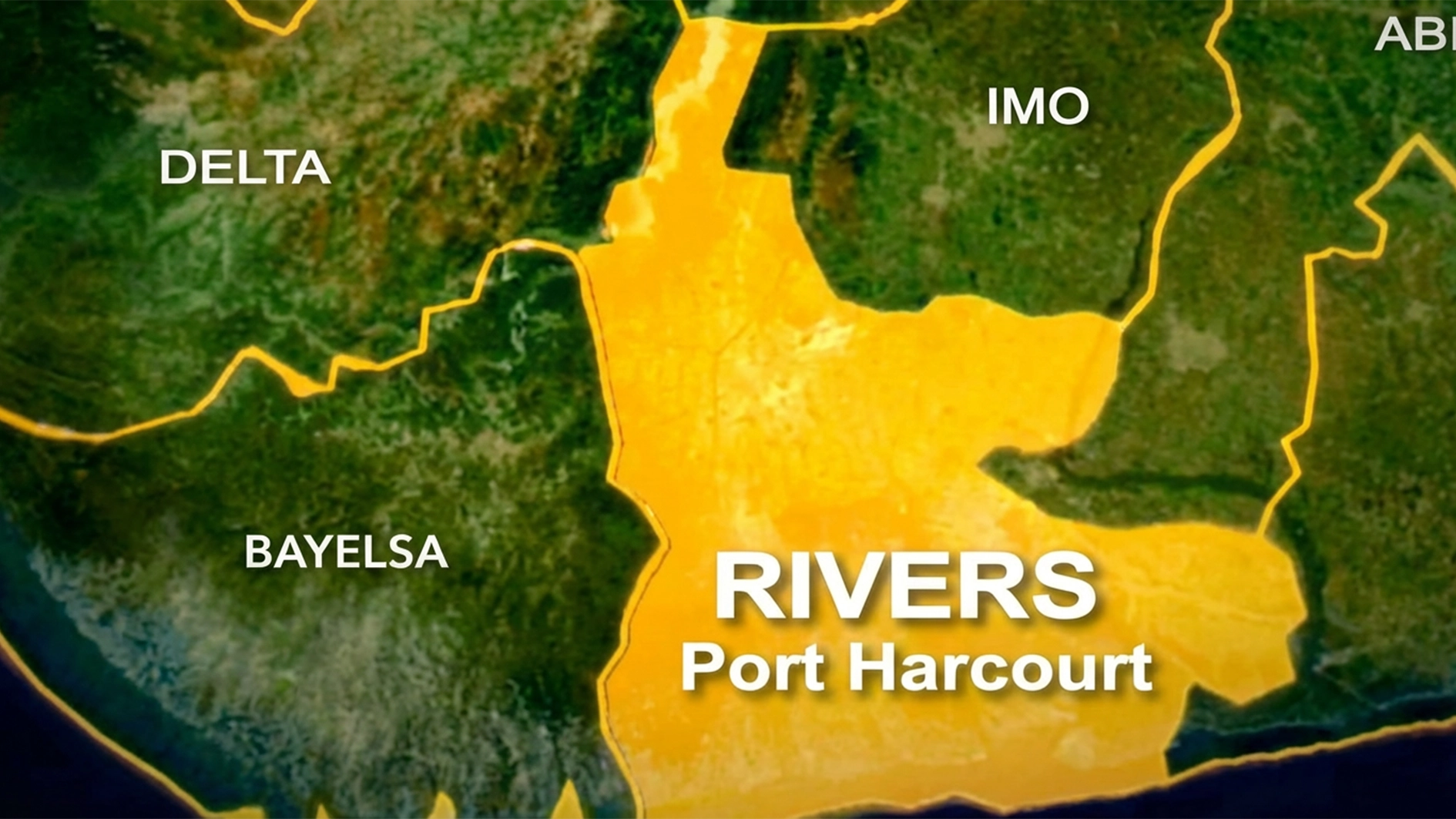Nigeria’s non-oil revenue drive received a major boost as the Nigeria Customs Service (NCS) announced a record-breaking performance by its Port Harcourt Area I Command, which collected ₦33.753 billion in October, the highest monthly revenue in the Command’s history.
The command, led by Comptroller Salamat Atuluku, represents a remarkable 272 per cent increase over the ₦9.079 billion collected in the corresponding month of 2024.
The service, in a statement released over the weekend, said it also marks a key milestone in the Federal Government’s ongoing efforts to enhance domestic revenue mobilisation and fiscal sustainability.
According to data released by the service, cumulative revenue from January to October 2025 stood at ₦247.461 billion, up from ₦164.080 billion recorded during the same period last year, a growth rate of 51 percent. With this performance, the Command has already surpassed its annual target of ₦216 billion by over ₦31 billion, just ten months into the year.
Comptroller Atuluku attributed the outstanding results to reforms within the Service, improved operational discipline, and the deployment of digital technologies that enhance transparency and accountability.
“This achievement is not accidental,” she stated. “It is the result of strategic leadership, renewed discipline, and the unwavering dedication of our officers and men. Through teamwork and innovation, we have blocked leakages, promoted legitimate trade, and contributed significantly to national development.”
According to the service, a major innovation driving this success is the Unified Customs Management System, also known as Bodogwu, a homegrown digital platform that tracks and analyses revenue processes in real time.
The system, it said, has strengthened revenue assurance, improved data integrity, and minimised manual errors — aligning with the NCS’s broader digital transformation agenda.
The record-breaking performance underscores the Customs Service’s growing role in financing national development, especially amid Nigeria’s push to diversify government revenue away from oil. Customs duties and levies remain one of the most reliable sources of non-oil income for the Federation.
Atuluku commended the Comptroller-General of Customs, Bashir Adewale Adeniyi, MFR, for his leadership and support, noting that reforms under his administration have strengthened operational capacity across Commands nationwide.
She also highlighted the importance of collaboration between Customs, port operators, shipping companies, and other government agencies, emphasising that enhanced stakeholder relations have improved trade facilitation, compliance, and efficiency.
“When we talk about revenue, we are not merely speaking of statistics,” she said. “We are talking about the resources that power our roads, schools, hospitals, and security infrastructure. That is why we take our mandate very seriously.”
The Comptroller pledged that the Port Harcourt Area I Command would sustain its momentum through intelligence-driven enforcement, continuous staff capacity building, and expanded deployment of automation tools to curb smuggling and revenue leakages.
The Command’s performance, the statement added, reflects the positive impact of Customs modernisation efforts nationwide and offers a model for other Commands in meeting — and surpassing — their targets.






